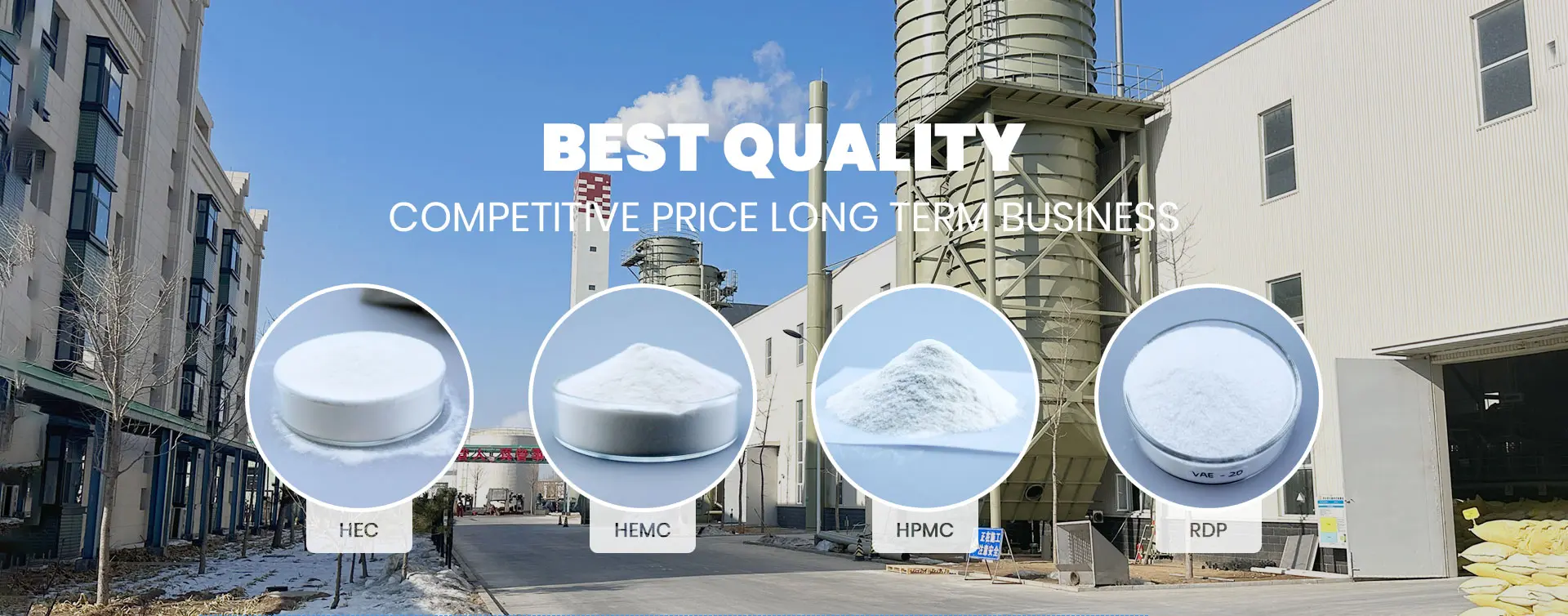
Dec . 11, 2024 03:03 Back to list
hpmc
HPMC A Versatile Polymer with Multifaceted Applications
Hydroxypropyl methylcellulose (HPMC) is a cellulose-derived polymer that has gained significant attention in various industries due to its versatile properties and wide-ranging applications. Derived from plant cellulose, HPMC is a non-ionic, water-soluble polymer that exhibits unique attributes, making it a valuable ingredient in pharmaceuticals, food products, construction materials, and personal care items.
.
In the realm of food science, HPMC serves as a food additive that provides several functional benefits. It acts as a thickening agent, stabilizer, and emulsifier, contributing to the texture and consistency of various food products. For instance, in gluten-free baking, HPMC is often incorporated to improve dough elasticity and moisture retention, mimicking the properties of gluten. Furthermore, HPMC functions as a fat replacer in low-fat and reduced-calorie food formulations, enabling manufacturers to meet the growing consumer demand for healthier options without compromising texture or flavor. Its ability to retain water also helps enhance the shelf-life of products by preventing spoilage.
hpmc

The construction industry has also recognized the advantages of using HPMC in various applications. It is widely employed as an additive in cement-based products, such as tile adhesives, joint compounds, and plasters. HPMC contributes to improved workability and open time during construction processes, allowing for better adhesion and application. Its water-retention properties are crucial in preventing premature drying of mortars and plasters, which can lead to cracking or diminished strength. Furthermore, HPMC’s ability to form a film enhances the durability and flexibility of construction materials, making them more resilient to environmental factors.
In the personal care sector, HPMC is frequently incorporated into cosmetic formulations due to its thickening and emulsifying properties. It helps stabilize emulsions, ensuring a uniform distribution of oil and water phases, which is critical in products such as lotions, creams, and shampoos. The smooth, velvety texture that HPMC imparts makes it a popular choice among formulators aiming to enhance the sensory attributes of their products. Additionally, HPMC's water-retention capability is valuable in skincare formulations, as it aids in maintaining skin hydration, thus promoting a healthier appearance.
Beyond these sectors, HPMC has garnered interest for its potential use in innovative applications. Research is ongoing to explore its role in biomedical engineering, particularly in tissue engineering and drug delivery systems. Its biocompatibility and ability to form hydrogels make it an intriguing material for developing scaffolds that support cell growth and tissue regeneration.
In conclusion, hydroxypropyl methylcellulose (HPMC) is a remarkable polymer with diverse applications across multiple industries. Its unique properties, including water solubility, gel formation, and film-forming capabilities, render it an essential ingredient in pharmaceuticals, food products, construction materials, and personal care items. As research continues to uncover new opportunities for HPMC, its significance in both established and emerging fields is likely to grow, cementing its position as a versatile and indispensable polymer in the modern world. With the evolving demands of consumers and advancements in technology, HPMC will undoubtedly continue to play a crucial role in shaping innovative solutions for various challenges across diverse sectors.
-
Versatile Hpmc Uses in Different Industries
NewsJun.19,2025
-
Redispersible Powder's Role in Enhancing Durability of Construction Products
NewsJun.19,2025
-
Hydroxyethyl Cellulose Applications Driving Green Industrial Processes
NewsJun.19,2025
-
Exploring Different Redispersible Polymer Powder
NewsJun.19,2025
-
Choosing the Right Mortar Bonding Agent
NewsJun.19,2025
-
Applications and Significance of China Hpmc in Modern Industries
NewsJun.19,2025







